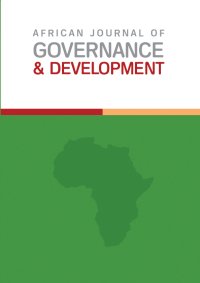Evoking the Principle of Subsidiarity: Merit for a SADC Protocol for Children
Main Article Content
Abstract
Children’s rights civil society in the Southern African Development Community (SADC) is pushing
for a protocol for children to be developed. The effort that these organisations are exerting raises
obvious questions: Is there a need for such a protocol and what will be the value of it? Are not
the country ratifications at international and regional levels enough? Are we not burdening the
member states by asking them to have another instrument when they seem to be struggling
with the existing ones? How will accountability be ensured? The paper provides a rationale
for the children’s protocol and prospective content that will be encapsulated therein. One of
the main reasons is that the emerging children’s rights issues are not adequately covered in
existing children’s rights normative frameworks such as the African Charter on the Rights and
Welfare of the Child (ACRWC) and the United Nations Convention on the Rights of the
Child (UNCRC). Consequently, there is no jurisprudence of how member states can deal with
these emerging issues. Further, SADC has 27 protocols dealing with a plethora of issues. The
available protocols do not systematically address children’s rights in line with the four cardinal
principles. It is a realisation of these issues that has prompted children’s rights civil society to
lobby SADC to come up with a SADC protocol for children.
Article Details

This work is licensed under a Creative Commons Attribution-NonCommercial-NoDerivatives 4.0 International License.
